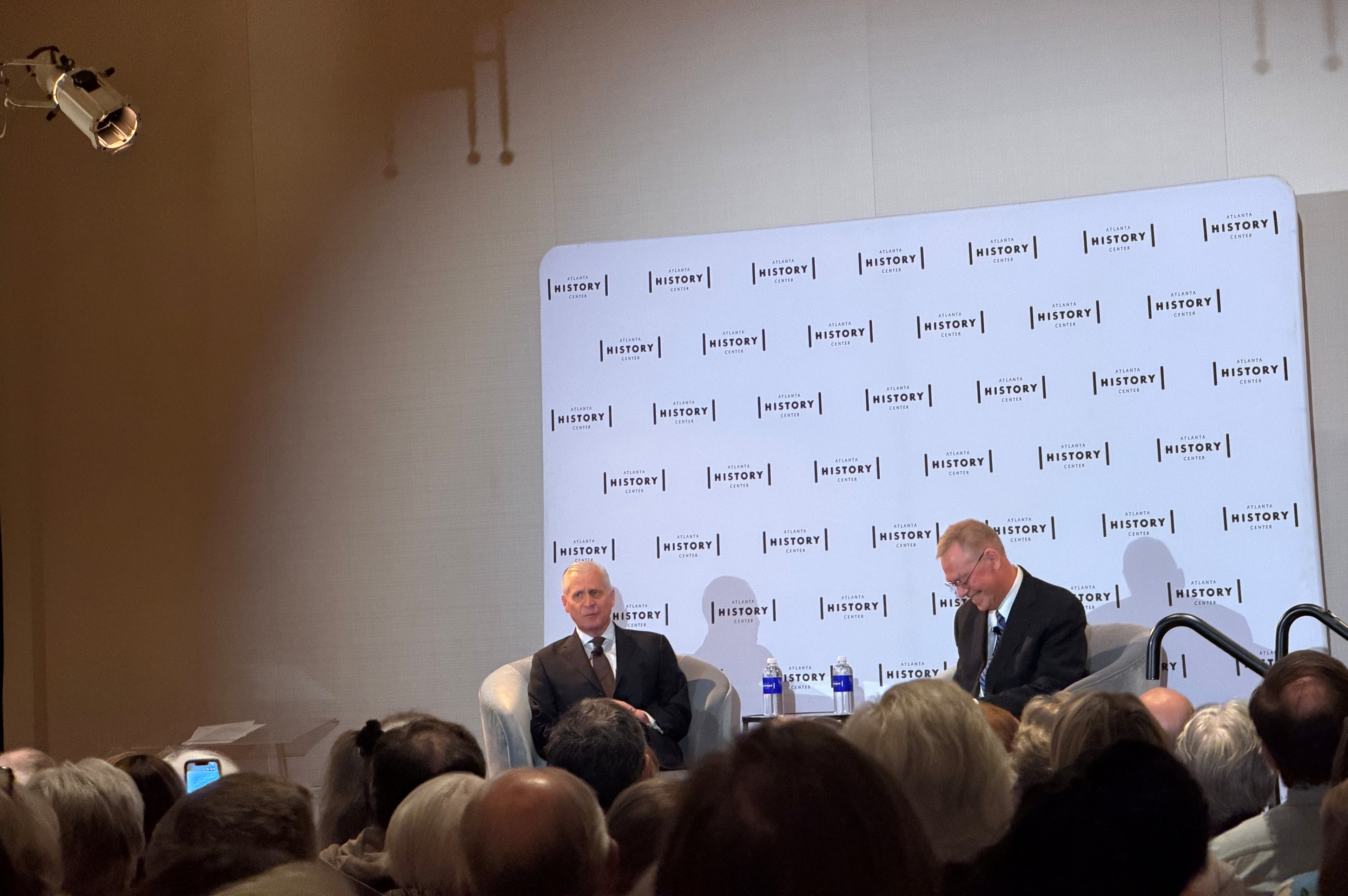Opinion: Men, heed the cost of not hearing women’s voices

We’ve learned a lot from working with men who abuse women, and we believe there are important lessons for men in general, and especially men in positions of power.
Collectively, we’ve worked in groups with men who abuse women for over 60 years. During the education process, abusive men have the opportunity to learn that it is not enough to simply stop being physically and verbally abusive. They learn that one essential ingredient of a healthy relationship is listening. Another is self-reflection.

One of our techniques is to help men “reverse engineer” their relationships, as a way of helping them to understand when and how things began to go badly. As one program participant said, “Yeah, it was game over when I stopped listening. I listened when we were dating because I wanted her to be with me, you know? But then when we were together, I started to take her for granted and I stopped listening to what she was trying to tell me. And a lot of what was bothering her was how I was treating her. I tuned her out, and then I blamed her for never being satisfied. Now, I can see that it was my abuse that was causing that but when she tried to point it out to me, I didn’t listen, and I blamed her for nagging.”

While it is easy to spot how lack of listening leads men to be abusive, there are lessons here for men at large. To be sure, there are plenty of examples of men who are good listeners and women who are bad listeners. Partners of all genders can make abusive choices; and distinguishing between men who are abusive and those who are not is more complicated than we present here. But studies have found that, on average, men are less apt than women to be good listeners, whether in intimate relationships or in workplaces.
Women, including those in leadership positions, are more likely to exhibit listening which seeks to understand the other person. By contrast, men and male leaders are more likely to exhibit listening which is aimed at evaluating and analyzing the speaker. In their relationships with partners and children, many men are more likely to engage in problem-solving without necessarily understanding the feelings and thoughts of the other. This problem-solving orientation often leads to destructive attempts to control their partner. Even for men who are not abusive, it can lead away from understanding and responding in a manner that is satisfying to their partner.
Now, what about the lessons for men in power? There has been a lot of attention lately to the consequences of male leaders not listening to, or not heeding, the voices of women.
So, what are women saying? One avenue for listening is to recognize how women are voting.
On average, women are more likely than men to vote for leaders, and otherwise support legislation, that protects reproductive freedom, addresses climate change, enacts sensible gun control, increases affordable health care and promotes racial justice as well as rights of LGBTQ people. In addition, women and men of color support these issues at even greater proportions than white women. Any attempt to listen to women is incomplete without women of color fully represented in leadership.
If it comes at all, men’s willingness to listen to women is too often delayed. As our group participant mentioned earlier pointed out about his partner who left him, “I didn’t know what I had until it was gone.”
On a global scale, is it too late the save the earth? Is the reproductive freedom so many lost in the aftermath of the Supreme Court’s Dobbs decision gone forever? It is already too late to save the lives of the many people who lost their lives to gun violence but not too late to save others.
It is time for men to recognize the costs of ignoring women’s voices, and to add our own voices to save democracy and the planet before it is too late. Can we reverse engineer our male-dominant history to learn how we’ve gone wrong in excluding the voices of women, people of color and LGBTQ people? Can we take steps to reset our future?
Greg Loughlin, MSSW, is a social worker and writer who lives in Atlanta. He is a state-certified Family Violence Intervention Program facilitator and former executive director of the Georgia Commission on Family Violence.
David Adams, Ed.D., is a licensed psychologist who is co-director and co-founder of Emerge, the nation’s first intervention program for those who abuse intimate partners. He is a researcher with numerous publications, including the book, “Why Do They Kill: Men Who Murder Their Intimate Partners.”


